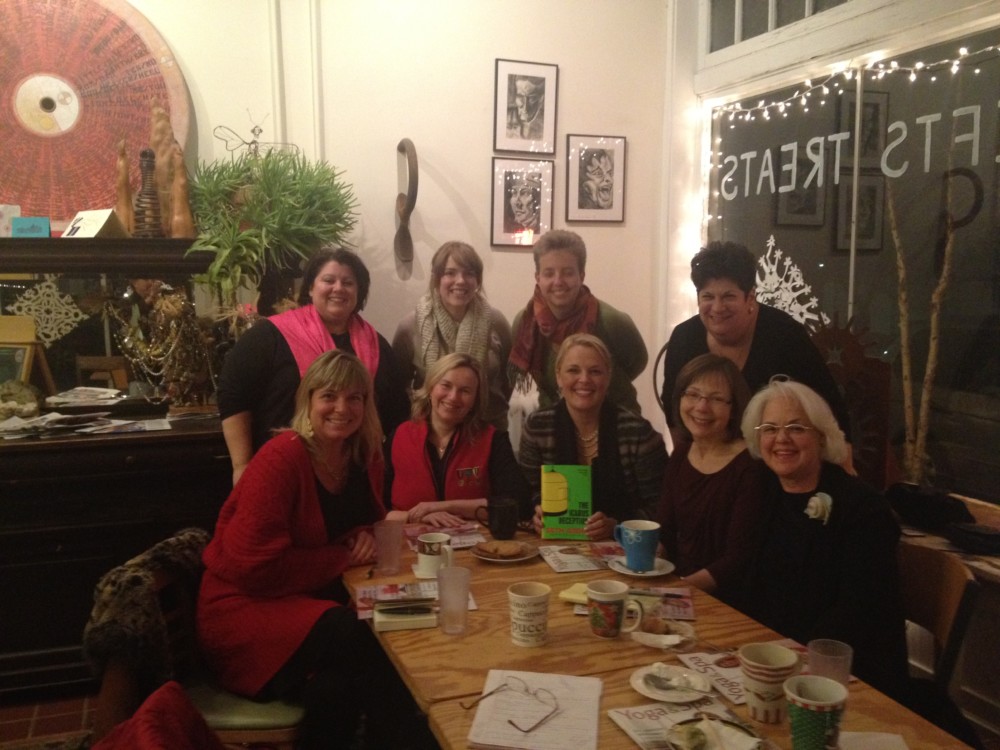By Diane Stafford
The Kansas City Star
WWR Article Summary (tl;dr) In a recent survey, 65% of women said they had NO external expert advising them on their business. However, there IS help out there! You just need to know where to look.
The Kansas City Star
Nationally, three out of 10 small businesses are owned by women. A measly 2 percent of them have broken the $1 million mark in revenues. Why?
That question motivated Erin Joy, founder of Black Dress Partners, a business consulting organization. Joy and her team surveyed 5,000 female business owners in Missouri, Illinois, Indiana, Iowa and Kansas to find out.
The results, likely mirroring the national situation, suggest that female business owners tend to lack good outside advisers, have trouble with cash flow management and don’t execute their marketing strategies well.
But the survey was most emphatic about people issues. Its findings dovetail with research from the Kauffman Foundation, which has pinpointed a lack of strong mentors for women-owned enterprises.
Sixty-five percent of the women who responded to the survey said they had no external expert advising them. In many cities, women’s advocacy groups are focused on building networks of counselors and fellow business owners to help such women.
But the people problems run far deeper than not having outside experts. About six in 10 of the survey respondents said they lacked a strong support structure within their businesses.
I’ve often heard business owners describe their search for a “mini me”, someone who would care for and commit to the business with the intensity of the owner.
In reality, a mini me is pretty rare. They typically can’t be hired or kept on at the price the owner is willing to pay. If they’re good enough to be a mini me, they’re probably good enough to command higher salaries elsewhere or even run their own businesses.
In the Midwest survey, less than a third of the respondents said they had a dedicated assistant. The business women admitted they’re run ragged with daily tactical matters and rarely have time to plan for future growth. Fewer than one in 10 said they regularly updated their business goals.
“This is not shocking,” the report noted. “The women business owners we surveyed were too busy working IN their business to focus ON their business.”
In short, the owners admitted to being consumed with hiring, managing and retaining employees.
Many national reports also have shown that women start their businesses with less capital than men and are less successful at obtaining outside equity. Some research details women’s difficulty in getting business loans. Those, too, are issues addressed by advocacy groups for women in business.
Research like this is important to help explore an ongoing question: Do women-owned businesses stay small because of all the business challenges cited above? Or do they stay relatively small because that’s what most female owners want?














































































































































































































































































































































































